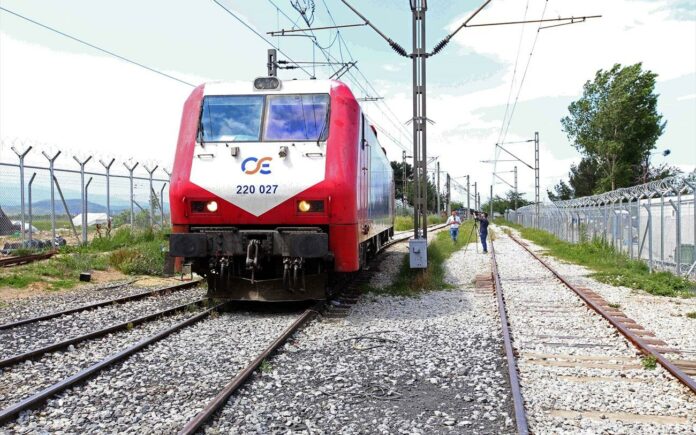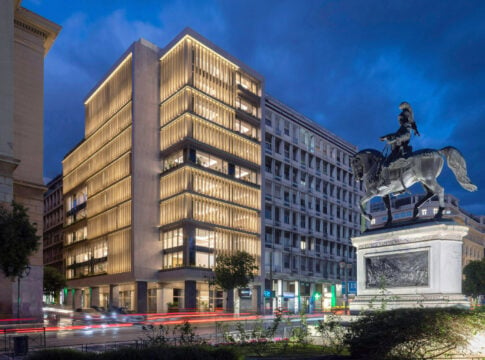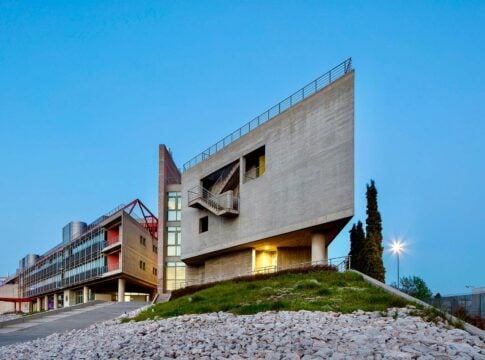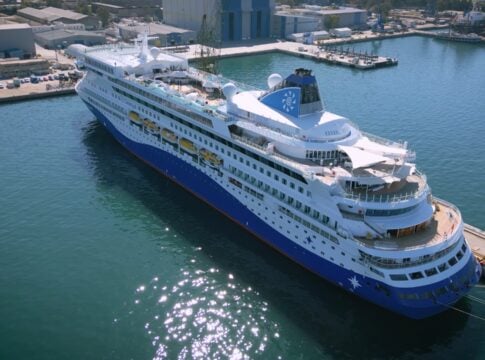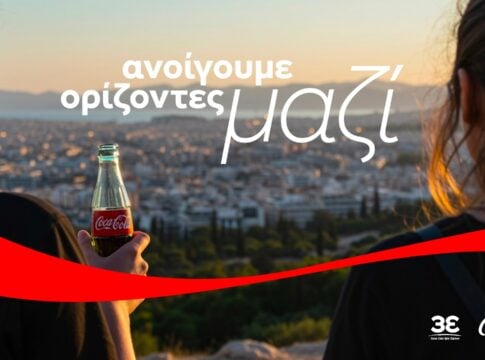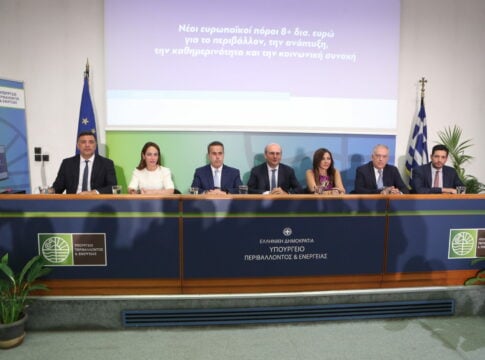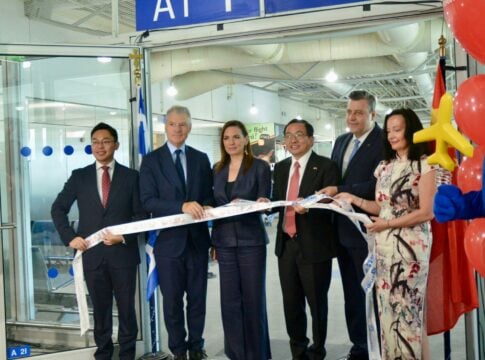By F. Zois
Russia’s railways operator appears poised to table a bid in a projected privatization of Greek rail operator Trainose, a development that has long been the subject of sector-wide speculation and media reports.
Russian President Vladirmir Putin’s official visit to Greece last weekend boosted prospects of a Russian bid for the state-run rail entity in the crisis-plagued country. Officials of the Russian operator, on their part, have not concealed their interest in entering the European rail freight network.
The impetus for a looming tender to privatize Trainose, as well as its affiliated rolling stock maintenance arm, is a memorandum-mandated condition for stepped up privatizations in the country. The condition also includes entities that are presently loss-making or are burdened by a large debt load.
According to reports, Putin’s visit to Athens was the occasion for the first official talks between Trainose and Russian Railways (RZD) executives.
Earlier in the month, visiting Russian Transportation Minister Maksim Sokolov confirmed from the northern port city of Thessaloniki that RZD has expressed an interest for Trainose.
At the same time, the relevant Greek transport minister, Christos Spirtzis, departs for Sochi, Russia on Tuesday to participate in a conference dealing with transportation, where he is also scheduled to meet with his Russian counterpart.
One factor repeatedly linked with a possible Russian bid for Trainose is the prospective sale of a majority stake in the Thessaloniki Port Authority, which would give Moscow-backed shippers a rail-linked port connecting the Mediterranean with the rest of Europe.
A possible competitor is state-controlled Chinese shipping giant Cosco, which recently won an international tender for a majority stake of the Piraeus Port Authority – the largest and busiest port in Greece. The latter is keenly interested in expanding in SE European combined transport networks with Piraeus as its hub.
Despite the high-profile Putin visit, who headed a large delegation of ministers and businesspeople, EU sanctions against Russia are still in force, as is Moscow’s embargo against certain EU imports to Russia.
In a related development, Trainose officials announced on Monday that the main north-south rail line exiting Greece was reopened for freight train routes. The line had been blocked at the Idomeni border post for more than two months by Mideast refugees and would-be third country migrants demanding the neighboring Former Yugoslav Republic of Macedonia (fYRoM) allow them free passage in order to reach preferred destinations in central and western Europe.


